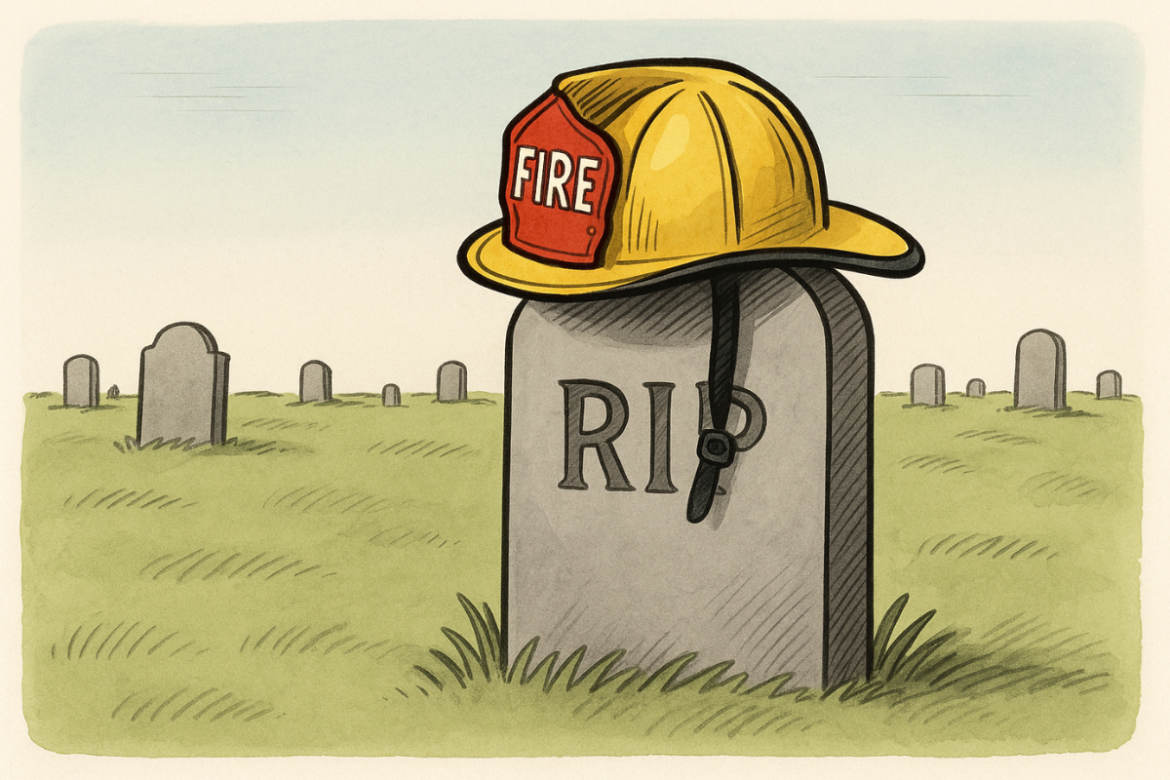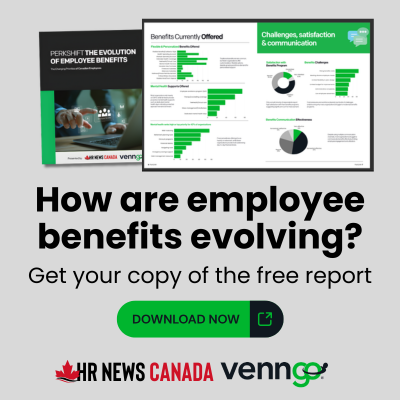On June 1, 2022, the City of Greater Sudbury held a full honour firefighter funeral for one of its own. There was a uniformed procession. The kind of send-off reserved for line of duty deaths. The kind that says, “This person fell protecting us.”
The firefighter had died by suicide at age 40, after three years of struggling with post-traumatic stress disorder he developed on the job. The Workplace Safety and Insurance Board (WSIB) had already determined his PTSD was work-related. It would later determine his death was, too.
Seven weeks after the funeral, the city filed a claim for his life insurance benefit. Approved. Then it filed for the accidental death and dismemberment benefit — double indemnity, as the collective agreement called it. Denied.
The insurer’s reasoning was blunt: Suicide isn’t an accident. The policy said so, right there in the exclusions. Self-inflicted injuries, suicide or attempted suicide, regardless of the state of mind of the insured person. No coverage.
And just like that, the gap between what we say we value and what we’re actually willing to pay for came into sharp focus.
Here’s what makes this case, recently decided by an Ontario arbitrator, so unsettling. This wasn’t the city being cheap or callous. It had been paying premiums for this accidental death policy for years. Multiple versions, multiple insurers, always with the same exclusion buried in the fine print. Employee handbooks mentioned it, sort of, several pages into a section on benefits, under a subheading most people would never read unless they had to.
And no one had to. Because in all those years, across all those firefighters, this was the first time anyone ever made a claim.
The first time the promise was tested, it failed.
The city’s stance
The city’s argument before the arbitrator was straightforward: We bought a standard policy, we paid the premiums, we met our obligation. If the union wanted something different, they should have raised it at the bargaining table. Suicide, the city argued, is intentional. Premeditated. Not an accident.
But here’s where the argument falls apart. The arbitrator found that the firefighter didn’t expect to develop PTSD when he showed up for work. He didn’t expect that performing CPR on infants, responding to overdoses and fatal collisions, witnessing deaths by suicide, would accumulate into an occupational illness that would eventually kill him.
That’s the accident. What happened after — the suicide itself — was the consequence.
It’s the same logic that applies when a firefighter is exposed to toxic chemicals over years and dies of cancer. No one argues the cancer isn’t an accident just because the firefighter knew he was sick before he died. The workplace exposure was the accident. The death that follows is covered.
The WSIB applies this logic all the time. It recognizes PTSD as a presumptive workplace injury for firefighters. It recognizes that suicide can result from workplace accidents. If a worker dies by suicide following a work-related injury, and the evidence shows the suicide resulted from that injury, survivor benefits are paid.
The WSIB made exactly that determination in this case. The city didn’t challenge it. In fact, when the city filed the life insurance claim, it explicitly noted the cause: “Severe PTSD / Mental and Behavioural Disorder” and “PTSD — Extreme Impairment.”
The city knew. It said so in writing. And still, the AD&D claim was denied.
The arbitrator wasn’t having it. The ruling is worth reading for the clarity alone. He found that in the fire sector, “accidental death” has a specific meaning. It includes death from occupational illnesses caused by workplace exposures. That’s well-established in case law. Firefighters face known hazards. PTSD is one of them. An insurance policy that excludes coverage for those hazards doesn’t meet the collective agreement’s obligation to provide accidental death benefits.
The city breached the agreement, the arbitrator ruled, not by failing to pay premiums, but by purchasing a policy that didn’t cover the risks firefighters actually face.
It’s a distinction that matters far beyond Greater Sudbury.
Hollow promises
How many employers are paying for benefits they assume are adequate because the policies are standard, the premiums are paid on time, and no one’s complained? How many HR departments are relying on employee handbooks that say one thing in the heading and something entirely different in the fine print six pages later? How many collective agreements promise coverage that sounds comprehensive until someone actually needs it?
The arbitrator noted something else. The employee handbook said the AD&D plan offered “twenty-four (24)-hour protection against accidents, on or off the job.” That’s the part firefighters would read. That’s the promise they’d rely on. The suicide exclusion appeared much later, under a subheading, after descriptions of benefits most people would never use.
The arbitrator called it “oblique and inconsistent.” That’s generous. It’s the kind of drafting that protects organizations in theory and fails people in practice.
This wasn’t a rogue employer trying to dodge a payout. This was a city that held a hero’s funeral, filed insurance claims on behalf of the family, and genuinely seemed to believe it had done right by its employee. The system failed them all — the firefighter, his family, the city, the union that didn’t know to ask about AD&D exclusions because no one had ever needed to ask before.
We ask first responders to run toward danger the rest of us flee. We ask them to see things most of us will never have to see, and then show up the next day and do it again. We know, now more than ever, that the risks aren’t just physical. The psychological toll is real, measurable, and sometimes fatal.
And when that happens, we hold funerals with full honours. We call them heroes. We say their sacrifice mattered.
The least we can do is make sure the benefits we promise them actually cover the ways they’re most likely to fall.





